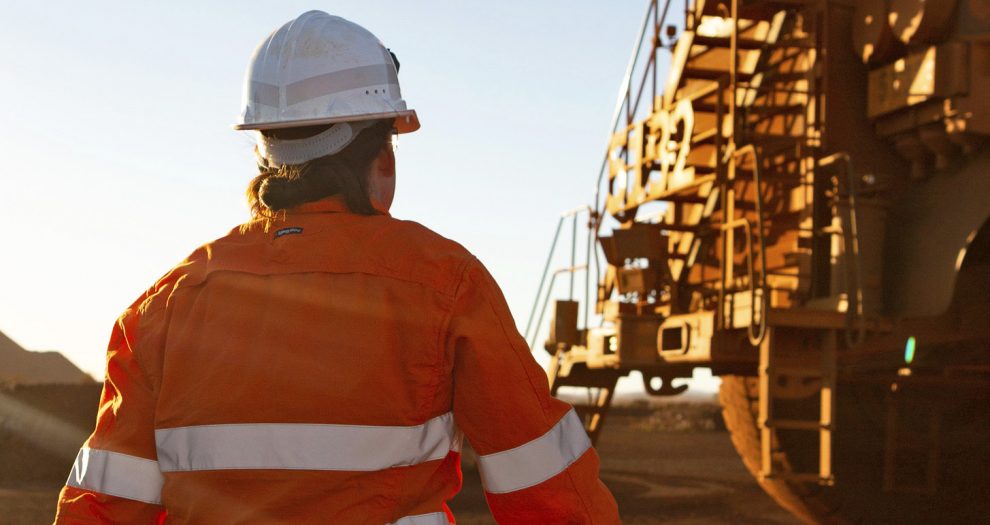A multinational resources company cracked down on dozens of individuals who allegedly fuelled poor employment conditions.
BHP recently confirmed it dismissed almost 50 fly-in fly-out (FIFO) workers accused of sexual harassment. In both the 2020 and 2021 financial years the employer received 73 substantiated reports of inappropriate comments or images, “wolf whistles”, unwelcome touching, massage requests, staring and leering. There were also complaints about unwanted requests for dates, personal information and other kinds of advances.
“A significant number of these cases involve unwelcome comments or ‘jokes’ of a sexual nature (approximately 34 per cent) or the sending or displaying of unwanted or inappropriate electronic messages or images (approximately 30 per cent). Of these 73 reports, 48 have resulted in termination or otherwise permanent removal of the respondent from our company and any of its worksites,” the company told the WA inquiry into sexual harassment against women in the FIFO mining industry.
The business reaffirmed every employee’s right to feel “safe at work” and committed about $300 million towards upgrading camp and workplace facilities. It also promised to equally remunerate workers who perform the same tasks.
“We recognise that this is about more than eliminating accidents and injuries; it is also about ensuring people are safe from sexual harassment,” it said.
“We are deeply sorry and apologise unreservedly to those who have experienced, or continue to experience, any form of sexual harassment in our workplaces.”
Forced to hide in a ditch
West Australian Newspapers lately revealed one female employee from another company was forced to jump between dongas and hide in a “ditch”, because she was followed on the way back from the onsite bar.
“Thirty three year old [Astacia Stevens] said she had worked at Rio Tinto and Fortescue Metals Group sites under male managers who frequently requested sex acts, and then victimised and bullied her when she refused,” Sunday Times chief of staff Caitlyn Rintoul said.
“A DT Workforce supervisor unzipped his pants in a work car on site and demanded sex [and Stevens said], ‘He was not wearing any underwear and said to me, if you want your shirt you have to get on your knees first.'”
When any victim complained so-called managerial “purple circles” either allegedly covered up the offensive behaviour, or weaponised safety breaches to get rid of victims.
According to the State Department of Mines, Industry Regulation and Safety, only one in 12 sexual misconduct and bullying complaints resulted in an inspector issuing a fine during the past five years.
Tense environment
Workplace tensions have recently increased and discouraged some males from sharing a drink with female colleagues.
“[Rumours] swirl if they befriend a male colleague, have a beer with them or are just seen speaking to a man for more than five minutes,” Rintoul said.
One AMSJ reader believes some sexual harassment allegations from Rio’s Report into Workplace Culture might be based on unsubstantiated rumours.
“I have worked in mining for over two decades in all aspects of operational and management roles and, as such, I find this … is based on hearsay, wildly inaccurate in its depiction of the industry climate – and incredibly one-sided and offensive in its agenda,” the reader said.
“As a 57-year-old male who has worked within the industry everywhere from Tanzania to Tasmania, in both contractor and client capacities, I have never witnessed such offensive behaviour … [and] it is certainly not the norm and nor is it tolerated. In all reported cases of unacceptable behaviour it is quickly investigated, addressed and the incident details and outcomes clearly communicated to all personnel.”
Click here to read BHP’s full submission.
Related articles
Mining giant cuts executive bonuses due to poor work environment
Mining giant comes clean about poor work conditions
Sexual harassment still widespread in the workplace
Study finds harassment and bullying linked to cardiovascular disease.














Add Comment